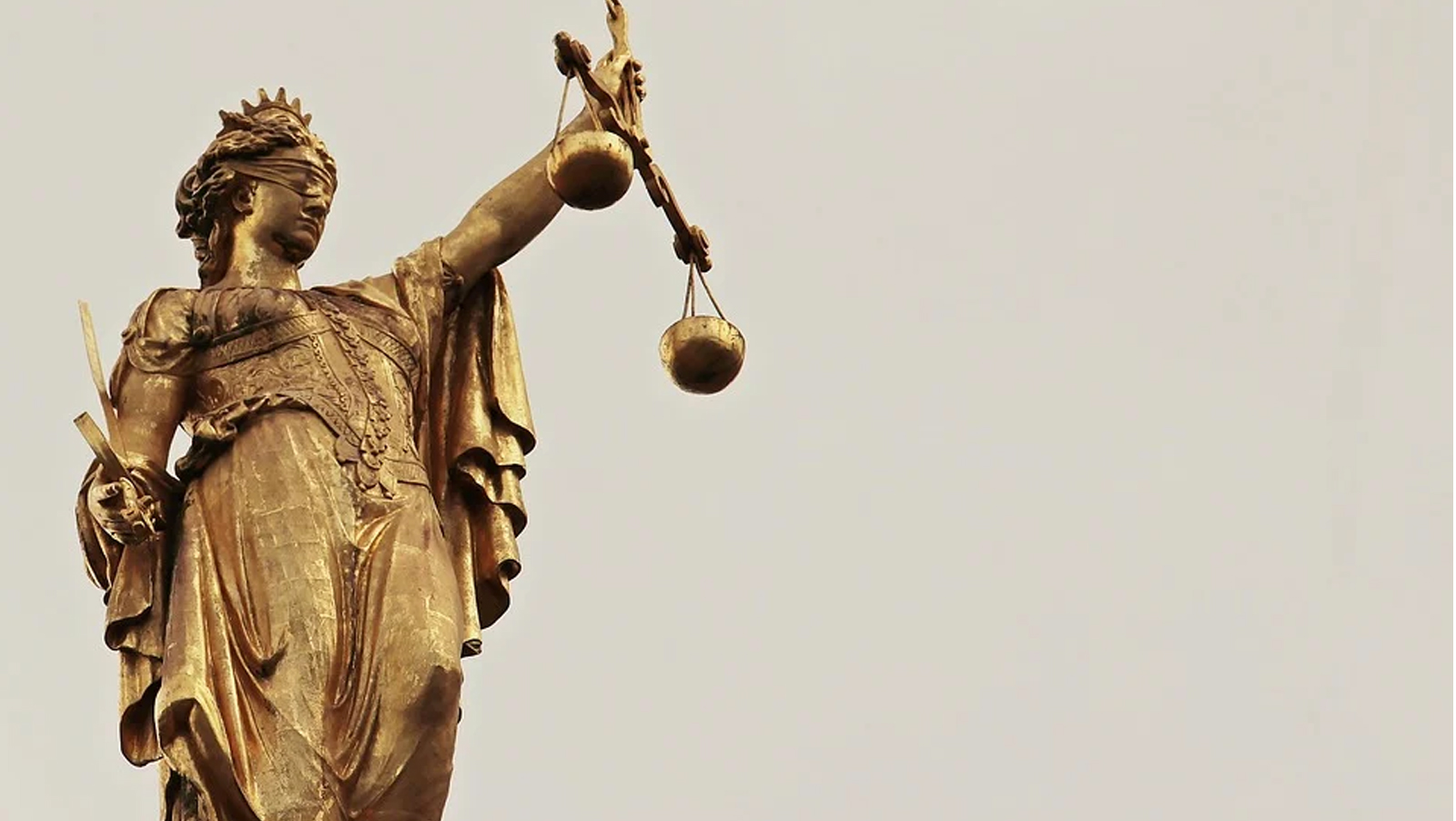A former employee of ClubsNSW, one of the largest trade groups in Australia’s gambling ecosystem, is being sued by his former employer for exposing the truth about money laundering at some of the organization’s clubs. Earlier this year, Troy Stolz blew the whistle on a widespread practice by the clubs of ignoring established anti-money-laundering laws, which has caused a lot of grief for the organization and its members. ClubsNSW is now looking to hold Stolz accountable for being a responsible citizen, using the argument that he turned over internal documents to government officials in violation of a non-disclosure agreement.
 ClubsNSW represents around 1,200 clubs in the gaming space, according to ABC News Australia. It accuses Stolz of having turned over an internal ClubsNSW board document to Andrew Wilkie, a parliamentary representative who later gave a speech in front of Parliament over the rampant amount of money laundering that was going on within the gambling industry. He asserted that as much as 95% of the industry was culpable of not playing by the rules, using the document given to him by Stolz. That document reportedly showed that the majority of the 770 clubs under ClubsNSW’s control were shirking their duties in relation to existing anti-money-laundering and counter-terrorism laws.
ClubsNSW represents around 1,200 clubs in the gaming space, according to ABC News Australia. It accuses Stolz of having turned over an internal ClubsNSW board document to Andrew Wilkie, a parliamentary representative who later gave a speech in front of Parliament over the rampant amount of money laundering that was going on within the gambling industry. He asserted that as much as 95% of the industry was culpable of not playing by the rules, using the document given to him by Stolz. That document reportedly showed that the majority of the 770 clubs under ClubsNSW’s control were shirking their duties in relation to existing anti-money-laundering and counter-terrorism laws.
That document was allegedly written by an executive with the organization in May of last year. After Stolz got ahold of it, it made its way to not only the legislator, but to several media outlets, as well. It provided clues to how customers were able to walk into gambling facilities with large amounts of cash and not being dismayed when they quickly lost as much as 30%. The Australian Transaction Reports and Analysis Centre (AUSTRAC) had been previously informed of possible irregularities, but didn’t react, according to Stolz.
In what can only be viewed as a retaliatory measure against the whistleblower, and an example of its reported “bullying” mentality, ClubsNSW wants Stolz to be held accountable for leaking the internal document. It seeks compensation under Australia’s Corporations Act, which, coincidentally, also protects whistleblowers. Common sense dictates that a whistleblower can only be taken seriously by providing inside information, and the Corporations Act stipulates that a whistleblower is free from “criminal prosecution” (unless the disclosure was false) and from “civil litigation (such as for breach of an employment contract, duty of confidentiality, or other contractual obligation)…”
It isn’t clear how much money the organization wants out of Stolz, but it’s most likely only spinning its wheels. The lawsuit seems to indicate how misguided the group’s management is, as it is prepared to dedicate time and money to a frivolous lawsuit, instead of helping stave off the continued operational declines of its members. Stolz asserts, “It’s disappointing that ClubsNSW feels the need to sue me for bringing the spotlight on what is a very serious issue of great public concern. I think the substantial amount of money that ClubsNSW would be paying its lawyers would be better used assisting those clubs who are in dire need, rather than to intimidate and bully a whistleblower.”